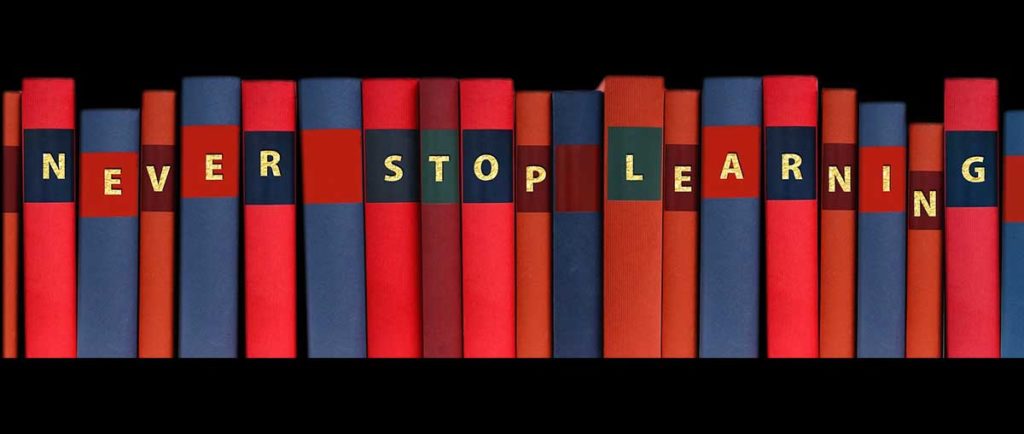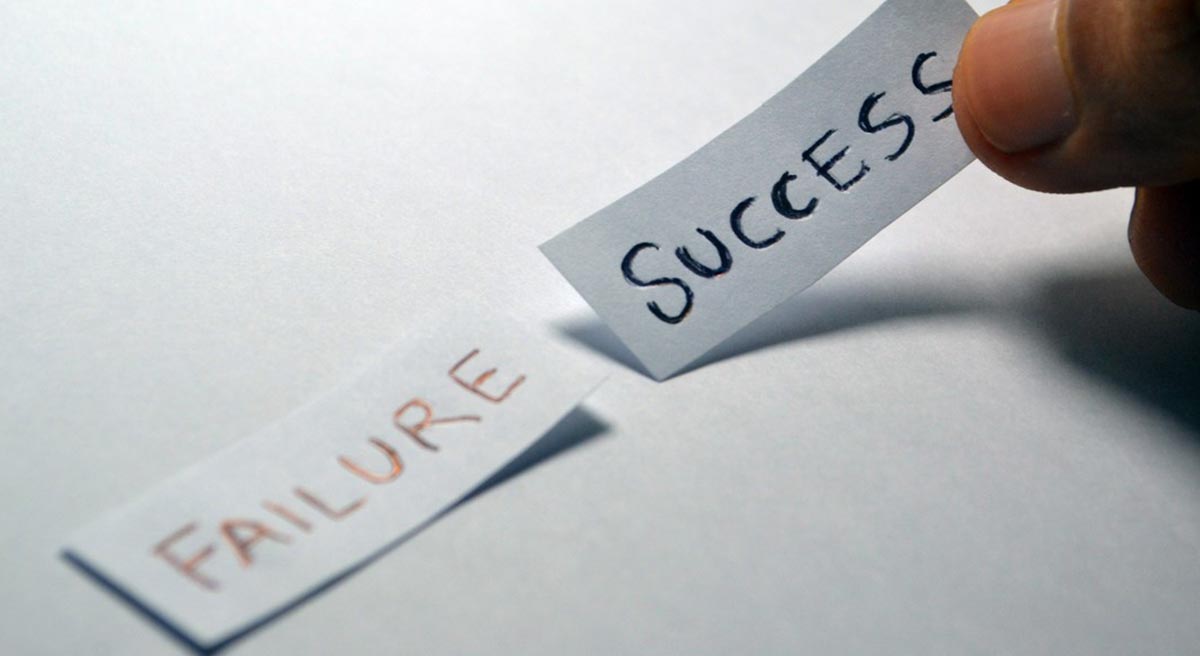After experiencing different companies, regions, and industries around the world, there is one element that is widely misunderstood – the richness of failing, learning, adjusting, and doing better the next time. Imagine if athletes or inventors did not embrace the concept of failing and trying again, think about the famous quote from Thomas A. Edison “I have not failed. I’ve just found 10,000 ways that won’t work.”
The key word is learning. In many instances, leaders and teams make the same mistakes repeatedly, and the lessons get lost as everyone moves to the next thing. The focus becomes reactionary and how to fix the situation as quickly as possible with a “whatever it takes” approach. When learning occurs, the case does get addressed and time is set aside to analyze and reflect what happened and for things to get done differently. When learning occurs, we avoid affecting lives, wasting millions of dollars, and destroying careers and reputation, and we enable success and productivity.
Let’s think about a process that is commonly used by companies – launching a new product or service. Typically, their leaders and teams have experienced those processes multiple times, it is part of their DNA; however, when issues or mistakes happen, there is a lot of blaming and finger-pointing. It is an environment filled with fear and mistrust. There is no formal process to discuss, debrief and document what happened to the situation either gets avoided in the future or if it reoccurs, people know what to do or what not to do.

Postmortem Process
I have recently come across the process that Google calls the Postmortem. They have realized that to truly benefit from failure; a process needs to be in place to learn from mistakes. https://bit.ly/2rSsSxY.
Google uses a simple set of questions for the team to use to debrief the experience and move forward.
- What happened?
- What went well?
- What did not go so well?
- Where did we get lucky?
- What can we do differently next time?
- What actions will we take?
- Who will be the owner of the action?
- What is the deadline?

Fail Forward
One of my favorite leadership books is Failing Forward by John C. Maxwell. He says “If you want to achieve your dreams and goals, you’ve got to get out there and fail. Fail early, fail often, but always fail forward. Turn your mistakes into stepping stones for success.”
John says what differentiates average from achievers is these seven abilities:
- Achievers Reject Rejection
People who don’t give up keep trying because they don’t base their self-worth on their performance. Rather than say “I am a failure,” they say, “I missed that one” or “I made a mistake.”
- Achievers See Failure as Temporary
People who see failures as opportunities know they are not permanent situations
- Achievers See Failures as Isolated Incidents
People who don’t personalize failure see it as a momentary event, not a lasting one
- Achievers Keep Expectations Realistic
People know mental preparation is required for overcoming obstacles and set realistic expectations to avoid huge disappointments. When things don’t happen the way, we were expecting – there is a reason for it!
- Achievers Focus on Strengths
People focus on the things they can do, not on the ones they cannot do. When I have coached and mentored, it is interesting to see how some individuals have the tendency to emphasize the things they don’t have or have not yet experienced which are the smaller percentage in their professional career.
- Achievers Vary Approaches to Achievement
People who try different things to learn which one works best very likely get the results they are aiming.
- Achievers Bounce Back
People can continue going regardless of what happens – they keep trying until they achieve their goal. Think about the time babies are learning to walk, they fall multiple times and stand up and keep going with a smile on their face – I have yet to see a baby get upset about falling!

Steps to Fail Forward
John C. Maxwell gave an extensive list of actions to Fail Forward, here are the ones I find more relevant:
- Learn a new definition of Failure
Failure is part of the equation to achieve success. If we embrace that definition, we are more willing to move ahead.
- Remove the YOU from failure
Achievers do not see themselves as the failure. They don’t take things personally, look at their options, and bounce back.
- Take actions and accept responsibility to reduce fear
Fear of failure stops progress. The three most common reactions are Paralysis, Procrastination, and Purposelessness. Taking action and responsibility give us the courage to reduce anxiety.
- Learn from a bad experience and make it a good experience
Analyze the situation, reflect on what happened, and identify what to do so things can be better next time, or the case does not repeat.

Learning from Failures for Transformation
For leaders to succeed in their leadership transformation efforts, for themselves and their teams, they must be willing to fail forward – reject rejection, see failure as a temporary and isolated incident, have realistic expectations, focus on strengths using different approaches and bouncing back.
As an executive coach, I work with leaders to achieve their goals, overcome obstacles, make better decisions, and take actions to deliver peak performance.
For companies to be successful in their digital transformation efforts, leaders need to use failures to learn – a lot of experimentation needs to happen in this space, the new normal is to try, fail, learn, improve, try again. Industry 4.0 initiated the digital transformation storm bringing a lot of disruption to the business environment. As a manufacturing operations executive and management consultant, I spent many years working on processes, technology, and change. It is critical to understand that this revolution is not all about technology. The transformation happens when leaders and organizations realize the effort centered around People and Processes, enabled by technology; therefore, fear of failure will not help.
As a consultant, I help leaders and organizations navigate through an unprecedented amount of complexity and speed of change – develop strategies and assess the human readiness to be successful in the process of digital transformation.
I’d love to know your thoughts on this article and have you share it with your community of connections. Thanks for reading and sharing.




